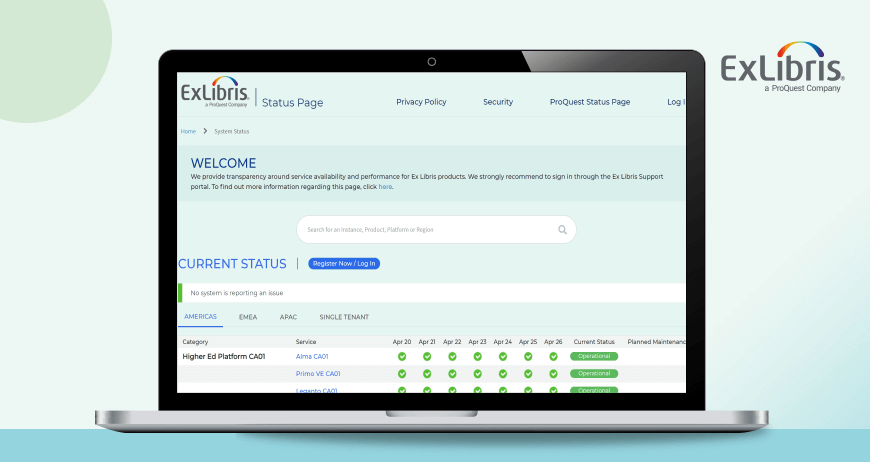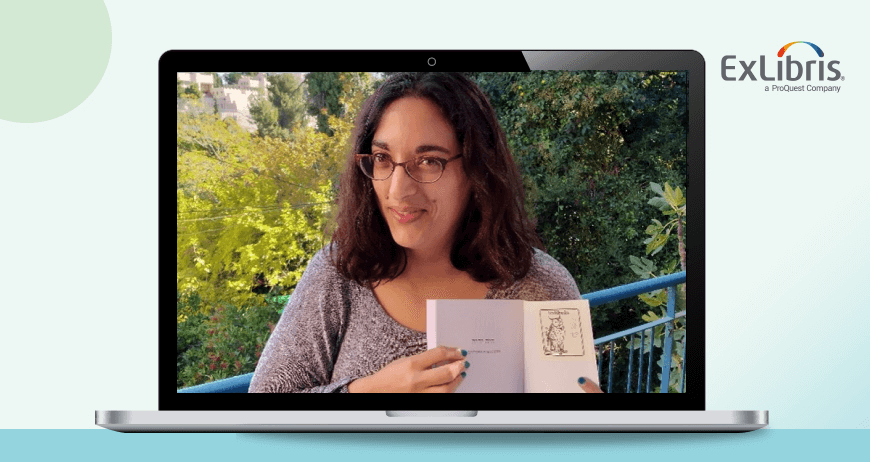One of the concepts that is integral to the URM project here at Ex Libris is that of integrating new models for community and collaboration. Libraries have traditionally been well-grounded in collaboration: reciprocal borrowing of many flavors has existed for decades; consortia of various types have evolved to support resource sharing and to facilitate joint purchasing, particularly of e-resources. Collaboration models have expanded more recently to address the strain on libraries’ physical space through shared off-side storage repositories. And a number of libraries are putting renewed focus on expanding collaboration between libraries and museums/archives, supported by increased federal funding.
Today’s libraries are looking even more closely at extending and expanding collaborative efforts and at new ways of creating and expanding the concept of community within and across their services. We are seeing this already in the implementation of Primo as customers look to engage more closely with users, opening up tagging and reviews for user-contributed content, and focusing on the communities where users are: integrating Primo content on Facebook and other discovery spaces as well as providing apps for the iPhone and other mobile devices.
And, as Jenny Walker has described in other postings, the new bX Recommender Service from Ex Libris, which mines information from customer contributed SFX usage logs, further expands the “power of the networked scholarly community”.
As we develop the URM, we continually look to ways that community and collaboration should be integrated. This starts, of course, with the collaboration we do within the library community. Well before we wrote the first requirements documents or code, Ex Libris was engaging with customers and the community at large. Our interviews with libraries throughout the world and our discussions with customers in small groups have informed URM in more ways than we can count. We don’t always agree of course and we cannot always accommodate all of the good ideas. But, we are listening and looking to work in close collaboration with the community as we develop URM.
We are interested in hearing from you – what are the types of support for collaboration and community you believe are required of a next generation framework such as URM?
Susan









